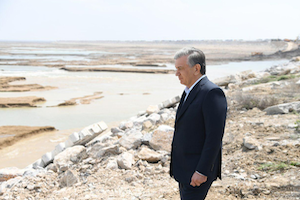Russia's War in Ukraine: Implications for Central Asia
By Johan Engvall
March 14, 2022
Russia’s invasion of Ukraine and the West’s economic response to it has put Central Asia in a precarious position. As part of what Moscow perceives as its sphere of interest, the repercussions of Putin’s war are bound to affect the Central Asian countries particularly hard. While anything but static, the nature of the Russia-Central Asia relationship still enables Moscow to retain a strong influence in the region. Russia remains the dominant security actor in Central Asia, even more so following the U.S. withdrawal from Afghanistan. Their economies remain closely interlinked with Russia, and at the political level, a distinct type of post-Soviet authoritarian leadership model with roots in the Soviet system facilitates political dialogue. Western disengagement from the region has left them more vulnerable, but the unpredictable consequences of Russia’s military adventurism might force them to realign their external relations.
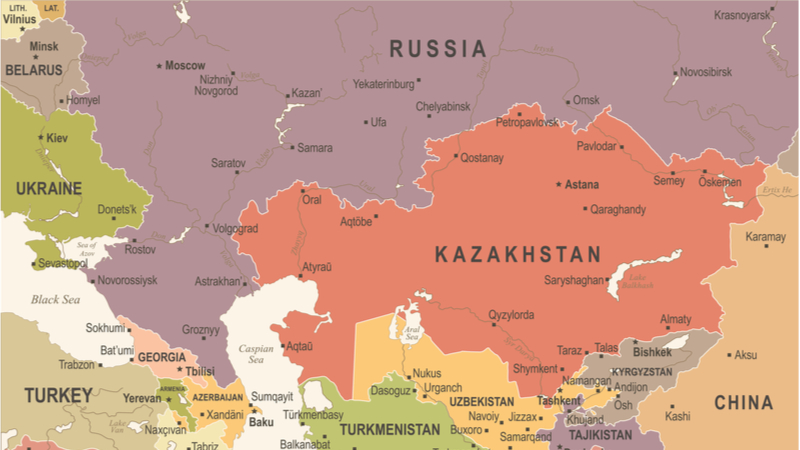
U.S. out, Taliban in: Central Asia Facing New Challenges from Afghanistan
By Farkhod Tolipov
August 20, 2021, the CACI Analyst
In April 2021, Washington began the long-awaited withdrawal of its military forces from Afghanistan, a process that is expected to be completed by September this year. This is being done in the wake of an agreement between the U.S. and the Taliban as a condition for reaching peace in Afghanistan. However, the “victorious” Taliban began a sudden offensive in some northern provinces bordering Uzbekistan and Tajikistan. The Afghan military surprisingly retreated instead of resisting the insurgents. Some even crossed the Afghan border with Uzbekistan and Tajikistan. As the Taliban have swiftly moved to take control of most Afghanistan, including Kabul, Central Asia is facing strategic uncertainty.
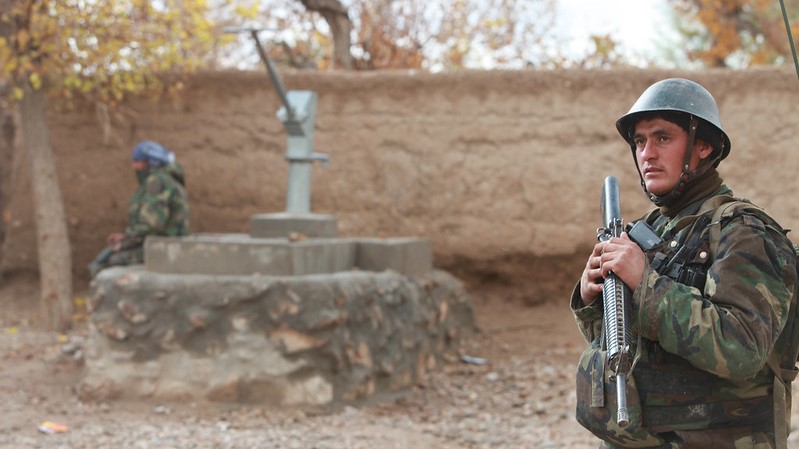
Explaining the Kyrgyz-Tajik Border Clash: Hypotheses in Search of Corroboration
By Richard Weitz
July 14, 2021, the CACI Analyst
A century ago, the Italian author Luigi Pirandello wrote a three-act play entitled “Six Characters in Search of an Author,” which explored the difficulty of differentiating between illusion and reality. The analyst of the recent border clash between Kyrgyzstan and Tajikistan faces the same challenge. The event, which saw the most serious fighting between independent Central Asian republics, offers several plausible explanations with divergent policy implications.
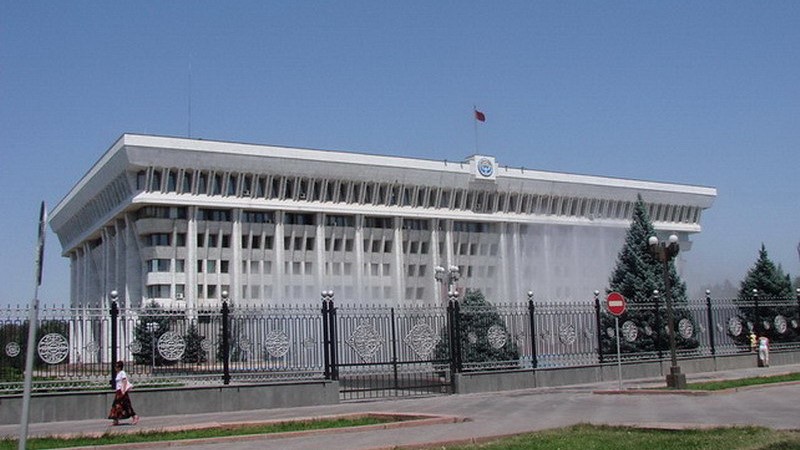
Conflict in the Kyrgyz-Tajik Border – a Potential Turning Point for Central Asia
By Filippo Costa Buranelli
May 5, 2021, the CACI Analyst
The armed conflict of last week between the armed forces of Kyrgyzstan and Tajikistan is the culmination of years of low-level violence. While having an impact on the development, prosperity, and security of border communities and local villagers, these limited confrontations have not directly affected relations between the two countries. However, with some 50 dead, hundreds of injured, and thousands of displaced people, the current conflict could become a turning point not just in their bilateral dealings, but also and especially in the construction of a regional order in Central Asia.
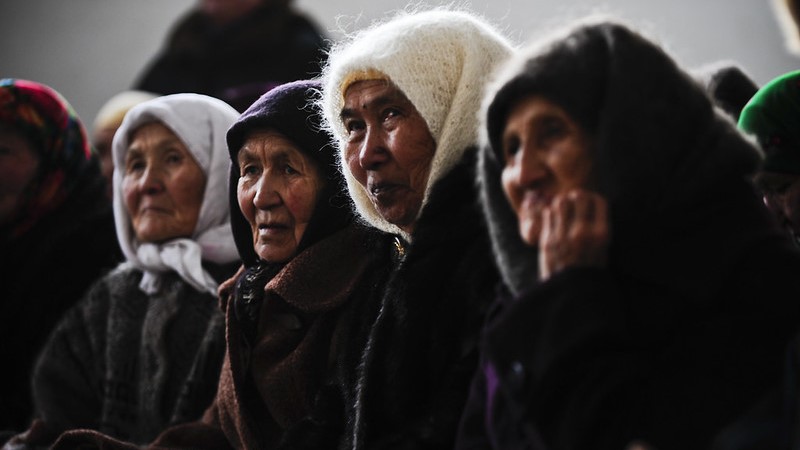
Border Problems in Central Asia: Dividing Incidents, Uniting Solution
By Farkhod Tolipov
July 16, 2020, the CACI Analyst
In May-June 2020, Central Asia experienced several border incidents between Uzbekistan and Kazakhstan; Uzbekistan and Kyrgyzstan; Kyrgyzstan and Tajikistan. These incidents revealed once again, on the one hand, the local population’s transboundary lifestyle and on the other, the artificial character of the borders that separate independent states from each other. Similar incidents have recurred in the region with a certain frequency since gaining independence; however, none of them escalated into larger and dangerous conflicts since resolutions came quickly and were based on unique integrative arrangements.
